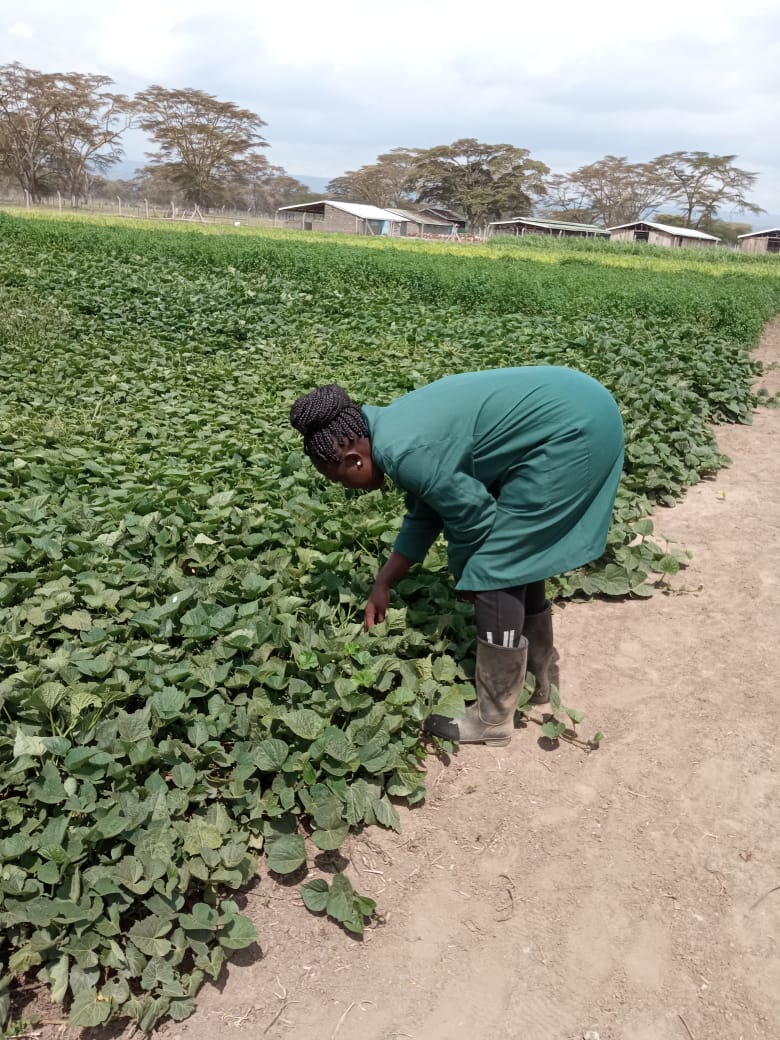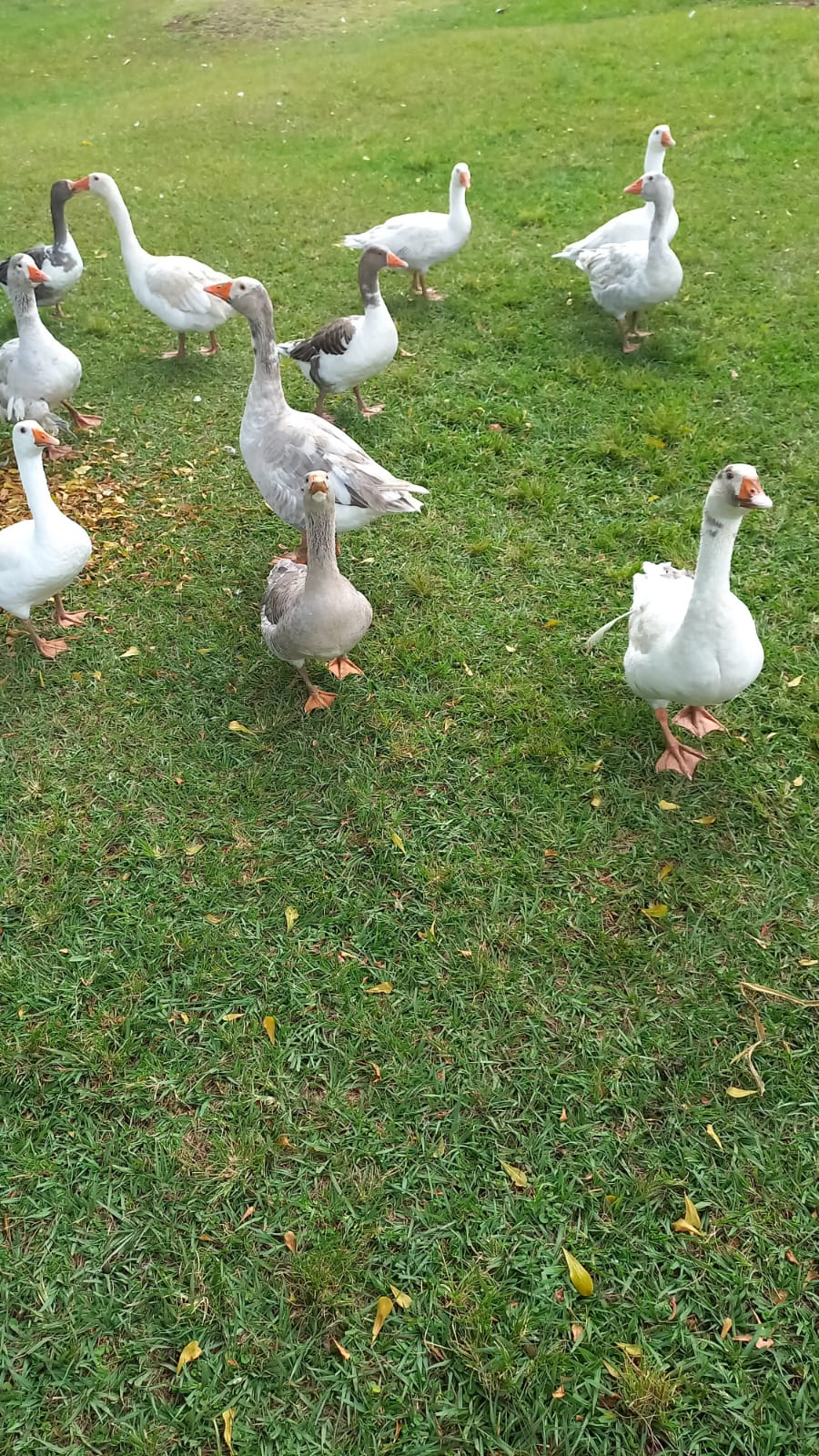
Introduction to Extension Education
Definition
- Extension Education: A form of non-formal education aimed at disseminating knowledge and skills to individuals, particularly in rural and underserved areas, to improve their quality of life and enhance community development.
Objectives
- Knowledge Dissemination: To share research-based information and innovative practices.
- Skill Development: To enhance practical skills among community members in various sectors such as agriculture, health, and entrepreneurship.
- Empowerment: To empower individuals and communities to make informed decisions.
-Sustainable Development: To promote sustainable practices that contribute to economic and social well-being.
Historical Context
- Origin: Emerged in the late 19th and early 20th centuries, primarily in the United States, focusing on agriculture and home economics.
- Global Spread: Adoption by various countries to address local needs, leading to diverse models tailored to specific cultural contexts.
Key Principles
- Adult Learning: Emphasizes experiential and participatory learning, recognizing that adults bring valuable life experiences.
- Community Involvement: Focuses on engaging community members in identifying their needs and developing solutions.
- Collaboration: Partnerships with universities, government agencies, NGOs, and local organizations to leverage resources and expertise.
Methods and Approaches
- Workshops and Training Sessions: Hands-on learning experiences.
- Field Demonstrations: Practical showcases of new techniques or technologies.
- Extension Services: Personalized support through visits, consultations, and advisory services.
- Online Platforms: Utilization of digital tools to reach broader audiences.
Impact Areas
- Agriculture: Improved farming techniques, crop diversification, and food security.
- Health: Education on nutrition, hygiene, and preventive healthcare.
- Economic Development: Training in entrepreneurship, financial literacy, and market access.
- Environmental Sustainability: Promotion of conservation practices and resource management.
Challenges
- Funding and Resources: Limited financial support can hinder program implementation.
- Cultural Barriers: Resistance to change due to cultural norms and practices.
- Accessibility: Reaching remote or marginalized communities can be difficult.
- Technology Gap: Varying levels of access to technology and information can create disparities.
Conclusion
Extension education plays a vital role in fostering sustainable development, enhancing community resilience, and empowering individuals through education and skill-building. By addressing local needs and leveraging community strengths, extension education contributes to holistic development and improved quality of life.
Summary
Extension education is essential for community development, focusing on participatory methods and local needs. It bridges the gap between research and practice, promoting informed decision-making and sustainable practices.
- Teacher: Admin User

Course Summary: Animal Production
This course provides a comprehensive overview of the principles and practices of animal production systems. It explores the biological, economic, and environmental aspects of raising livestock, poultry, and aquaculture species. Key topics include:
1. Animal Husbandry:Techniques for breeding, nutrition, and health management across various species.
2. Production Systems: Examination of intensive vs. extensive farming practices, including sustainable and organic methods.
3. Animal Welfare: Ethical considerations and standards in animal care and handling.
4. Nutrition: Understanding dietary needs, feed formulation, and the impact of nutrition on growth and productivity.
5. **Health Management:** Disease prevention, vaccination protocols, and biosecurity measures.
6. Economic Considerations:Market trends, cost analysis, and the impact of animal production on local and global economies.
7. Environmental Impact: Addressing the ecological footprint of animal agriculture and exploring sustainable practices.
8. Policy and Regulations: Overview of laws and regulations governing animal production.
- Teacher: Admin User